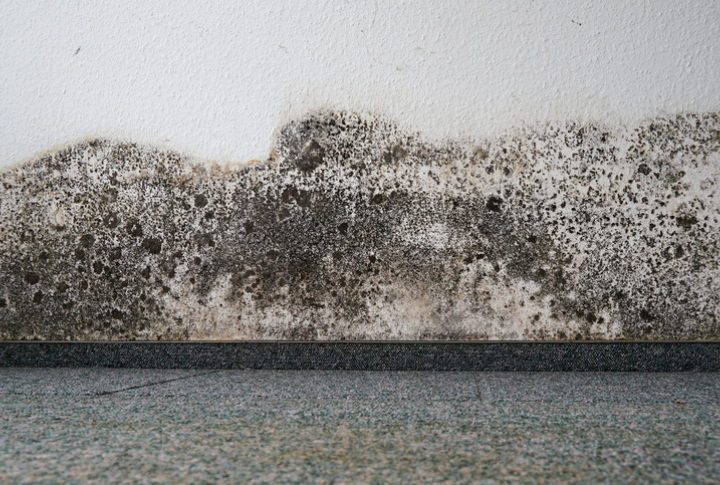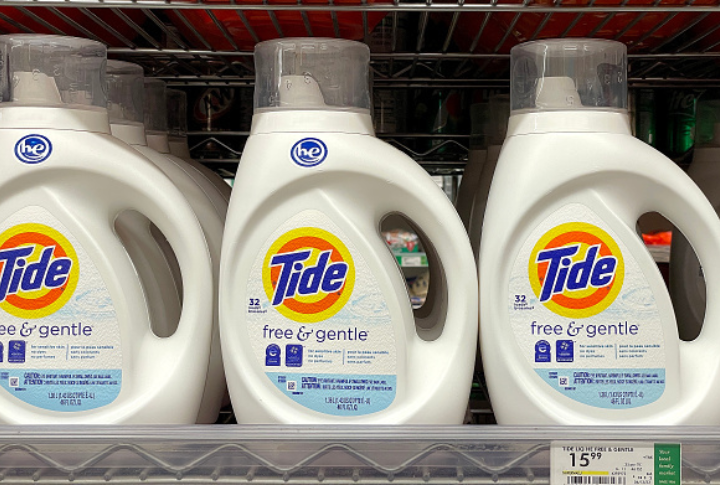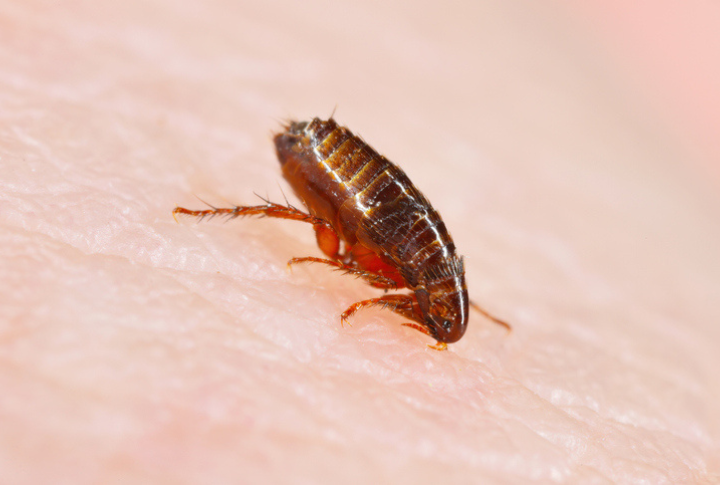
With their elegant demeanor and enigmatic personalities, cats often seem impervious to the world around them. Cats can be sensitive to allergens in their environment, causing reactions from discomfort to severe health issues. To ensure the well-being of their pets, cat owners should recognize and comprehend these common allergens. Let’s find out the intricacies of 15 common allergens that cats may encounter.
Pollen

Similar to humans, cats can develop allergies to pollen from trees, grasses, and weeds. When exposed to pollen, cats may show symptoms such as sneezing, itching, and watery eyes, which are signs of an allergic reaction.
Dust Mites

Cats can develop allergies to dust mite droppings, which can exacerbate skin irritation and respiratory issues. Dust mites are microscopic critters that thrive in household dust and can pose a significant allergen threat to cats.
Mold

Mold spores, commonly found in damp and poorly ventilated areas of the home, can trigger allergic responses in cats. When breathed in or touched, these spores can cause issues such as sneezing, coughing, and skin rashes.
Cigarette Smoke

Cats exposed to cigarette smoke may develop allergies, manifesting as respiratory issues and increased susceptibility to respiratory infections. Secondhand smoke, due to the presence of harmful chemicals, can adversely affect cats’ respiratory systems.
Perfumes and Fragrances

It’s important for cat owners to be mindful of the products they use around their feline companions and to avoid using heavily scented perfumes, air fresheners, or other fragranced products in areas where their cats spend time. Opting for fragrance-free or pet-safe alternatives can help prevent allergic reactions and ensure the well-being of cats in the household.
Cleaning Products

Household cleaners and detergents often contain chemicals that can be toxic to cats. Exposure to these chemicals can lead to allergic reactions, causing skin irritation, respiratory issues, and gastrointestinal upset in cats.
Flea Bites

The saliva of fleas can cause intense itching and irritation to cats’ skin. Cats allergic to flea bites may develop allergic dermatitis, characterized by redness, swelling, and hair loss in the affected areas.
Certain Foods

Cats, just like humans, can develop allergies to certain foods due to various factors, including genetics, environmental influences, and the composition of their diet. Certain eatables like beef and dairy products can trigger allergic reactions in cats, leading to various symptoms like digestive issues, skin problems, and respiratory issues.
Plastic

Some cats may develop allergic reactions to plastic materials used in food and water bowls or toys. Contact with plastic can lead to skin irritation, inflammation, and allergic dermatitis in sensitive cats.
Fabrics

Synthetic fabrics and wool can harbor allergens such as dust mites and pollen, posing a risk to cats with sensitivities. When exposed to these fabrics, cats may experience allergic reactions, including itching, scratching, and skin rashes.
Medications

Medication allergies can range from mild itching and skin rashes to severe anaphylaxis, a life-threatening allergic reaction requiring immediate medical attention. Therefore, you must consult your vet before starting any medications for your cats.
Plants

Lilies, tulips, and daffodils can cause allergic reactions in cats when ingested or in proximity. Cats exposed to toxic plants may experience symptoms such as vomiting, diarrhea, and lethargy.
Household Chemicals

Chemicals found in pesticides, herbicides, and insecticides can be toxic to cats and may provoke allergic reactions if ingested or inhaled. Cats exposed to household chemicals may experience symptoms such as drooling, vomiting, and difficulty breathing.
Latex

Latex, commonly found in household items such as rubber toys and balloons, can cause allergic reactions in cats upon contact. Cats allergic to it may experience skin irritation, itching, and inflammation when exposed to latex-containing products.
Cosmetics

Some cosmetics contain ingredients that are toxic to cats and can cause allergic reactions if ingested or absorbed through the skin. Keep sunscreen and other topical products out of reach of your cat, and opt for pet-safe alternatives when possible.

Comments
Loading…